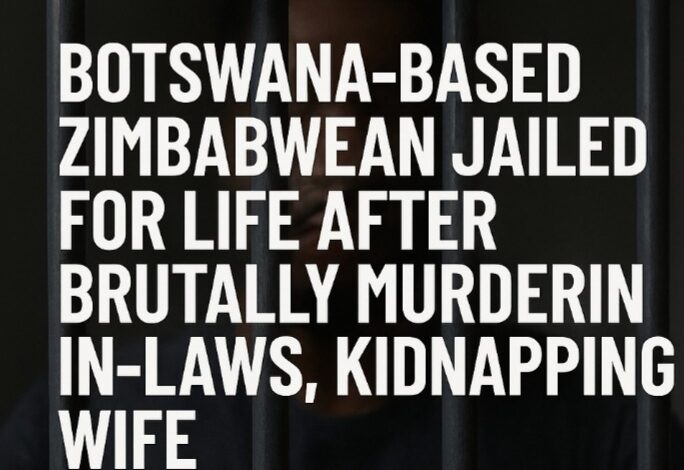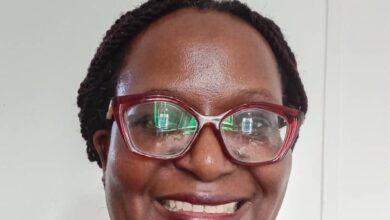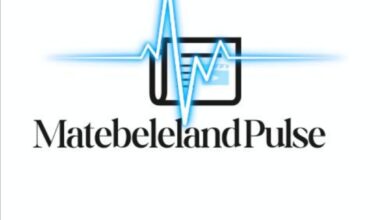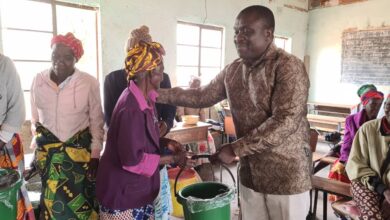Botswana-based Zimbabwean jailed for life after brutally murdering in-laws, kidnapping wife

Nqobizwe Thebe
PLUMTREE – A Zimbabwean man based in Botswana has been sentenced to two life terms by the Bulawayo High Court after he was found guilty of brutally murdering his in-laws and kidnapping his estranged wife in a gruesome 2022 attack that shocked the Plumtree community.
According to the National Prosecuting Authority of Zimbabwe, 40-year-old Tafirei Ndlovu was convicted on two counts of murder committed under aggravating circumstances. The court ruled that the killings were premeditated and involved excessive violence.
The incident took place on April 14, 2022, in the early hours of the morning. Prosecutors said Ndlovu, working with an accomplice identified as Kudzani Mathukuthu—who remains at large—travelled from Botswana to his in-laws’ home in Plumtree. Under the pretext of reconciling with his wife, Nomusa Nyoni, Ndlovu gained access to the home and launched a brutal attack.
The court heard that Ndlovu and his accomplice assaulted Nyoni’s parents, Xolani Mpofu and Sibalungele Ncube, with axes. The victims were then dragged into a kitchen hut, which the attackers set on fire.
The violent murders took place around 2:00 AM and were witnessed by Nyoni, who had returned to her parents’ home in Zimbabwe earlier that month after leaving her husband due to marital problems. The couple had been married for 13 years.
After the murders, Ndlovu abducted his wife and forced her to cross the border back into Botswana illegally. However, she managed to alert border patrol officers and informed them of both her kidnapping and her parents’ deaths.
Border authorities intercepted Ndlovu and rescued Nyoni. He was arrested and later extradited to Zimbabwe to face charges. His co-accused managed to escape and remains on the run.
The Bulawayo High Court, sitting this week, sentenced Ndlovu to two life terms for the murders. Authorities say efforts are ongoing to locate and arrest the fugitive accomplice.





